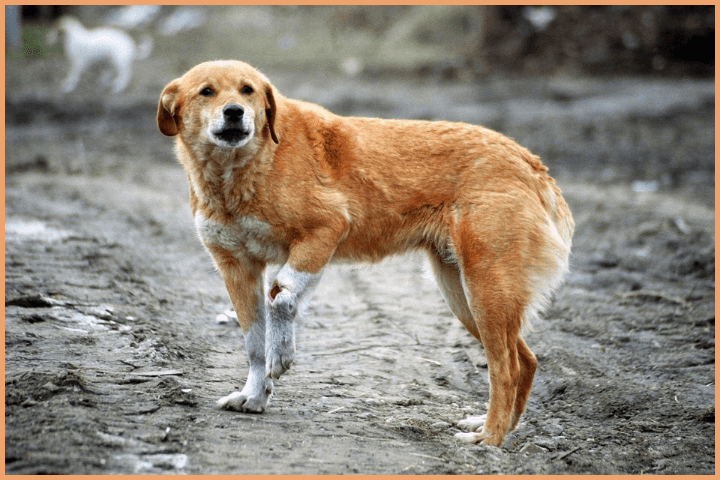How we treat animals reflects our values and ethics. While we often shower pets with affection, the love we offer them may not be truly selfless often; it’s based on what they give us in return. This article explores the contradictions in how we treat pets versus other animals and advocates for a selfless approach to compassion. By extending kindness to all beings, whether pets, strays, or animals raised for food, we can foster a deeper, more universal compassion.
The Selfish State of Mind in Relationships
Humans frequently base their actions on a “give and take” mentality. In relationships, many expect their kindness to be reciprocated, acting like mirrors. If someone does good to us, we return the favor, and if someone hurts us, we often retaliate. This approach is fundamentally selfish and immature. True maturity lies in responding to negativity with kindness.
This principle applies to how we interact with animals too. Pet owners often love their pets because animals reciprocate love unconditionally. But this raises an important ethical question: is our love for animals truly selfless, or do we love them because of what they give us in return?
The Contradiction: Loving Pets but Eating Animals
One glaring contradiction in human behavior is the distinction we make between pets and other animals. Many people shower love and care on their pet dogs, cats, or birds but consume animals like chickens, goats, and cows without hesitation.
The justification often given is that animals like chickens and goats are “meant to be eaten.” But imagine a higher being treating humans the same way, viewing us as food. Would we accept it? The pain faced by animals raised for consumption is no less than the pain of stray animals or pets. Yet, humans selectively extend their compassion only to pets.
The Neglect of Stray Animals

Another troubling aspect is the disregard many people have for stray animals. While pets at home are pampered and protected, strays often suffer from hunger, abuse, and neglect. This selective compassion further highlights the selfish mindset that prioritizes convenience over true care for all beings.
Cultivating a Selfless Approach to Compassion Towards All Beings
The right mentality is to extend compassion and love to all beings, including pets, stray animals, and even those we traditionally consider as food. Such a mindset aligns with a higher moral and spiritual standard. When we embrace selflessness and compassion, we reflect the essence of divine love, which is unconditional and all-encompassing.
Steps Toward Ethical Compassion:
- Adopt a Non-Speciesist Viewpoint: Recognize that all animals, whether pets or livestock, deserve equal respect and compassion.
- Help Stray Animals: Actively care for strays by feeding them, providing medical help, or supporting local shelters.
- Consider a Plant-Based Diet: Reducing or eliminating animal-based products from your diet is a significant step towards ethical living.
- Advocate for Animal Rights: Raise awareness about the unethical treatment of animals and promote better laws to protect them.
- Practice Selfless Love: Learn to show kindness without expecting anything in return, whether to humans or animals.
Selfless Compassion for All Beings
True compassion transcends selfish motives. It requires us to see all beings as equals, deserving of love and care. By breaking away from selective compassion and embracing a selfless approach to compassion, we not only enrich the lives of animals but also elevate our moral and spiritual character. When we treat all beings with respect and empathy, we align ourselves with the divine principles of love and kindness, ensuring that goodness follows us in every aspect of life.
In the context of the ethics of petting animals, it’s essential to remember that our affection and care should not be limited by the species or the role an animal plays in our lives. All beings, whether our beloved pets or those we may never meet, deserve compassion, respect, and love.

